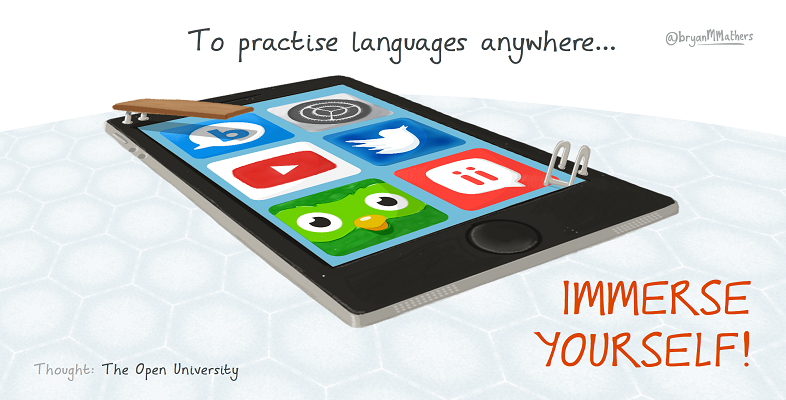3.1 Receptive and productive vocabulary
If you understand the meaning of a word when you hear it or read it, it is part of your receptive vocabulary. Words in this category range from those you know well, to those you barely know but can understand when you come across them because of the context, for instance. If you are able to produce a word when speaking or writing in a way that is appropriate and that matched what you mean, this is part of your productive vocabulary. Usually, your receptive vocabulary is greater than your productive vocabulary.
I remember in a French class I was teaching years ago, a student was writing a description of her town, and asked me how you say ‘park’ in French. I asked her to look it up in the dictionary, and when I checked later what she had written, it was something like:
Dans ma ville il y a un garer très joli.
The problem with this sentence is that ‘garer’ means ‘park’, as in ‘to park your car’. So the student was saying that in her town there is a very beautiful to park. This, of course, doesn’t make sense, either in terms of meaning, or grammatically. She had looked up the word in the dictionary, but she had not paid attention to any of the specific features of the word she was looking up, or the information she was finding in the dictionary. So, knowing a word is about understanding what that word means, how it is used, and indeed, how you can use it.
